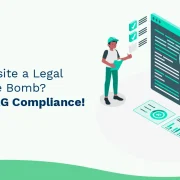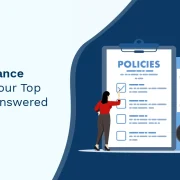
The Overlooked Skillset That Drives Success in Oil & Gas Industry
There’s a widespread misperception that oil and gas training programs prioritize technical expertise and industry-specific knowledge above all else, frequently undervaluing soft skills.
Although some companies might overlook this factor, the general tendency is changing. Soft skills training unique to the oil and gas sector is becoming increasingly integrated into the programs of modern oil and gas organizations.
70% of corporate leaders identify a considerable skills gap within their firms, underscoring the increasing demand for both technical and soft skills. Prominent industry players understand that soft skills are essential for career advancement and productive teamwork among oil and gas workers.
Table of Contents:
- What is Soft Skills Training?
- Importance of Soft Skills Training for Oil and Gas Professionals
- Top 10 Methods for Soft Skills Training for Employees
- Industry-Specific Soft Skills for Oil and Gas Employee Training
- How to Enhance Soft Skills Development through Oil and Gas Employee Training Programs?
- Step 1: Follow the Pre-Requisites for Offering Soft Skills Training
- Step 2: Determine Advanced Training Methods
- Step 3: Choose Appropriate Digital Tools
- Step 4: Build Relevant Training Content
- Step 5: Apply Blended Learning Approaches
- Conduct a Skill-Gap Analysis
- Define Key Competencies
- Designing Soft Skills Training Programs
- Continuous Learning and Development
- Measuring Training Effectiveness
- Conclusion
What is Soft Skills Training?
Soft skills development training enhances communication, teamwork, and problem-solving abilities. Other essential soft skills include emotional intelligence, a positive attitude, and creativity. Developing these skills in any industry is as crucial as training for technical skills.
Due to the growth of eLearning, the soft skill training market is expected to expand by USD 315.6 million between 2023 and 2028 at a compound annual growth rate (CAGR) of 50.98%. This increase emphasizes the necessity for efficient training programs and the growing understanding of the value of soft skills in professional development.
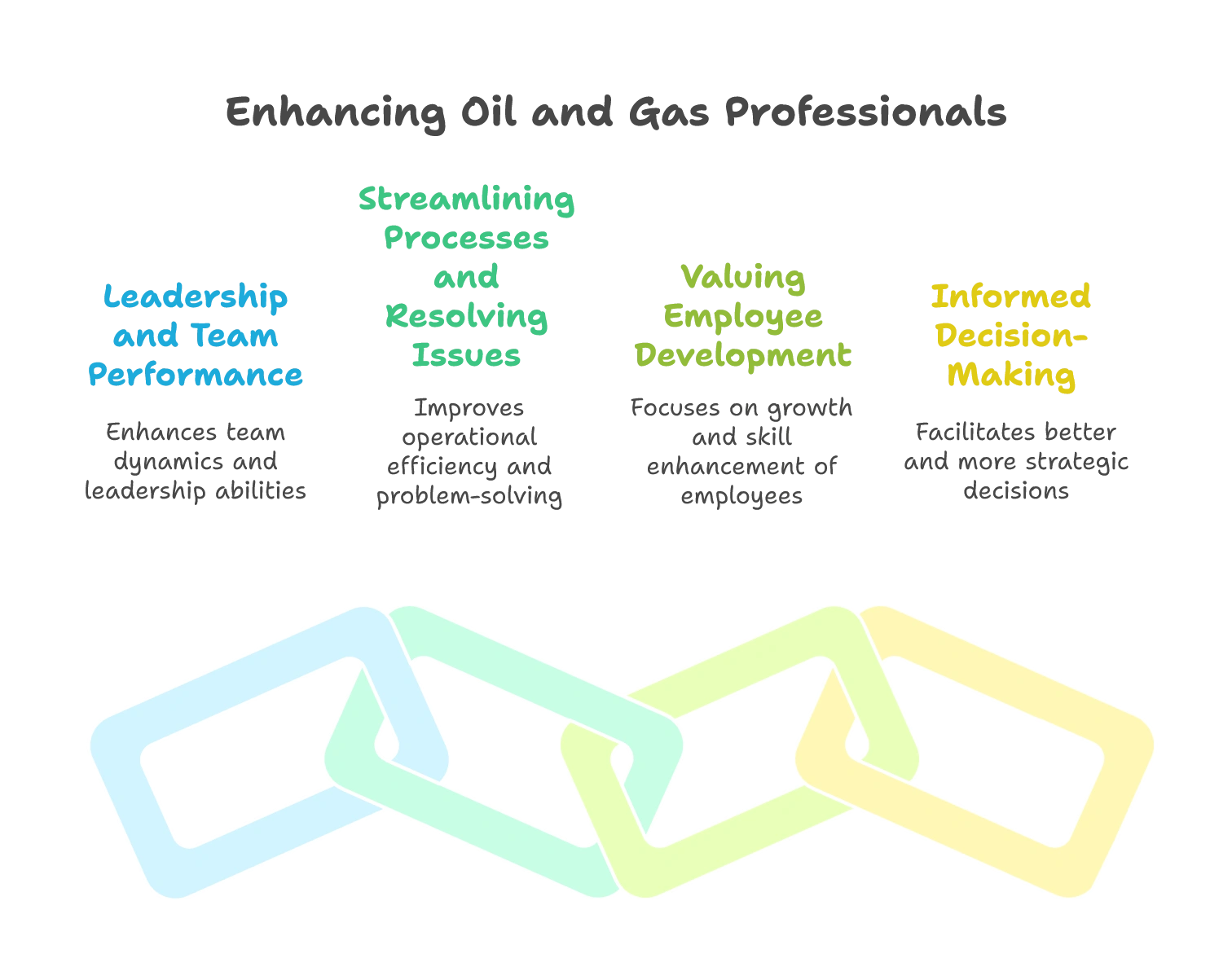
Importance of Soft Skills Training for Oil and Gas Professionals
Effective communication helps prevent accidents in the oil and gas industry. Workers must convey important information clearly, especially in high-pressure situations.
Here are some reasons why soft skills development should be an integral part of oil and gas training programs:
1. Leadership and Team Performance
Leadership soft skills are important for understanding employees’ needs, building valuable relationships, and enhancing team performance.
2. Streamlining Processes and Resolving Issues
Strong collaboration and effective communication streamline processes and resolve issues faster, minimizing errors and delays. For example, geologists, engineers, and rig crews who can communicate complex data can optimize efficiency during drilling operations.
3. Valuing Employee Development
Investing in soft skills training shows employees that their development is valued, which can improve staff retention. Moreover, listening and empathy skills are crucial when handling complex client issues.
4. Informed Decision-Making
Oil and gas operations can entail complex circumstances that call for well-informed choices. Developing soft skills is essential to evaluate scenarios, think through options, and make decisions that prioritize safety and compliance.
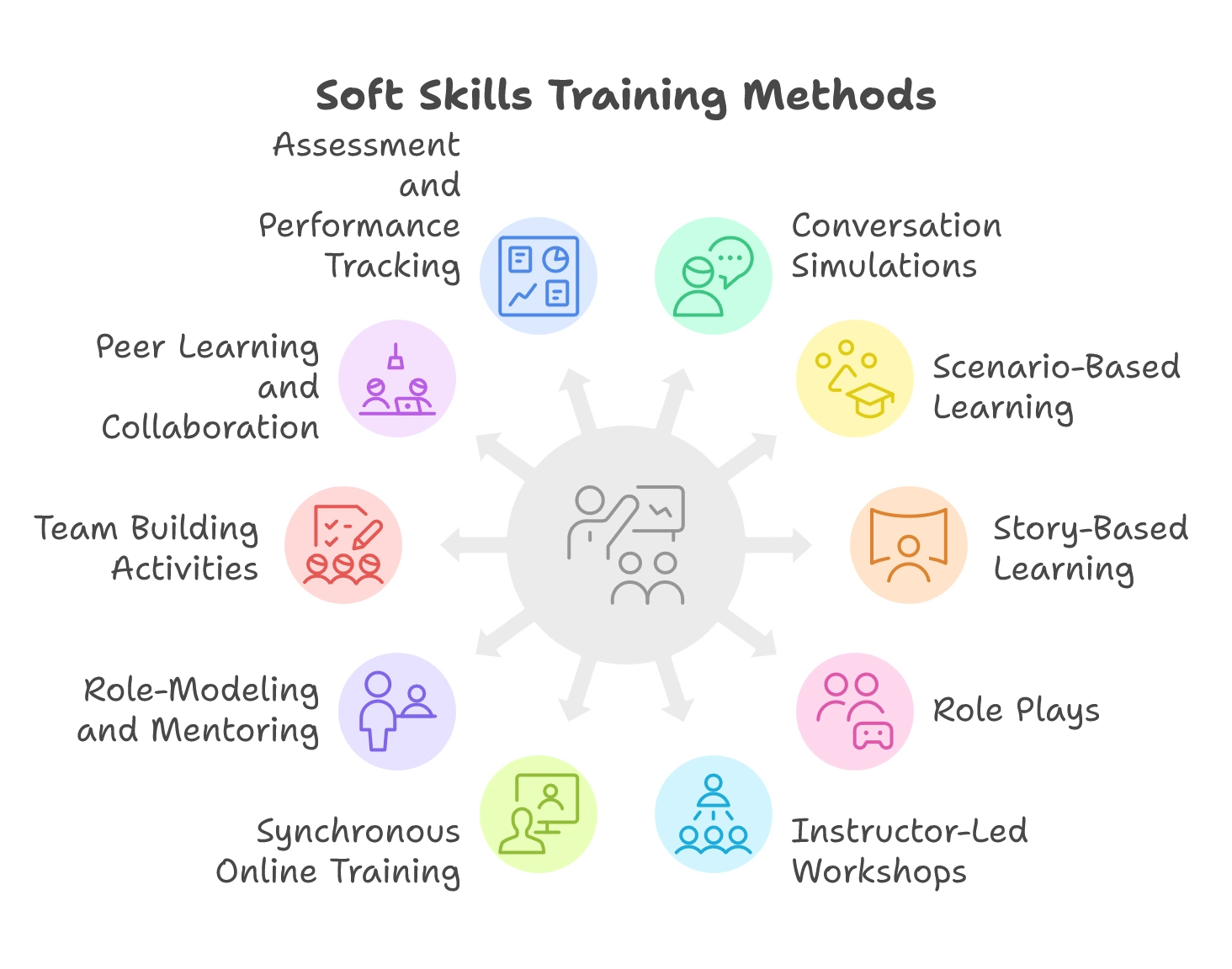
Top 10 Methods for Soft Skills Training for Employees
Let’s now have a look at the top 10 methods professionals in the oil & gas industry use in their soft skill training programs:
1. Conversation Simulations
Conversation simulations are immersive training exercises that replicate real-life conversations and interactions. They provide employees with a safe and controlled environment to practice and refine their communication and interpersonal skills. These simulations often use interactive technology to simulate realistic scenarios, allowing participants to converse with virtual characters or avatars. By experiencing various challenging situations and receiving immediate feedback, employees can develop their ability to communicate effectively, empathize, and handle difficult conversations.
2. Scenario-Based Learning
Scenario-based learning involves presenting employees with realistic scenarios or case studies that reflect common workplace situations. Participants are tasked with analyzing the scenario, making decisions, and solving problems using their soft skills. These scenarios are designed to encourage critical thinking, decision-making, and applying various soft skills in a practical context. By engaging in scenario-based learning, employees develop their problem-solving abilities, adaptability, and communication skills while understanding the consequences of their actions within a simulated environment.
3. Story-Based Learning
Story-based learning utilizes narratives or storytelling techniques to convey important lessons and principles related to soft skills. Stories have a powerful impact on human cognition and engagement, making them an effective tool for learning. Through compelling narratives, employees can relate to characters, empathize with their experiences, and gain insights into different soft skills and their applications. Story-based learning enhances retention and understanding, allowing employees to internalize and apply soft skills concepts in their work and interactions.
4. Role Plays
Role plays involve participants taking on different roles in simulated scenarios to practice and improve their soft skills. By assuming specific roles, participants can experience different perspectives and engage in realistic interactions. Role plays allow employees to apply their communication, empathy, problem-solving, and conflict-resolution skills in a dynamic and interactive setting. They provide opportunities for immediate feedback, reflection, and learning from their experiences. Role plays also encourage creativity and adaptability as participants adapt their behaviors and responses based on their roles.
5. Instructor-Led Workshops
Instructor-led workshops provide valuable opportunities for employees to engage in interactive sessions, group activities, and role-playing exercises. These workshops facilitate hands-on learning, immediate feedback, and peer collaboration, enabling employees to enhance their soft skills through practical application.
6. Synchronous Online Soft Skills Training
Synchronous online soft skills training for employees offers a dynamic and interactive learning experience that combines the benefits of live instruction with the flexibility of online platforms. These sessions provide opportunities for real-time engagement, collaboration, and immediate application of soft skills. By leveraging the convenience and accessibility of synchronous online sessions, organizations can effectively enhance their employees’ soft skills, regardless of their location or time constraints.
7. Role-Modeling and Mentoring
Creating opportunities for employees to observe and learn from skilled colleagues or mentors can profoundly impact their soft skill development. Pairing employees with experienced mentors who exemplify desired soft skills behaviors enables practical learning through observation, guidance, and feedback. Managers and supervisors should provide constructive feedback, recognize employees’ progress, and offer coaching to help employees refine their soft skills. This ongoing support promotes growth and fosters a culture of continuous improvement.
8. Team Building Activities
Team-building activities allow employees to collaborate, communicate, and develop essential soft skills such as teamwork, leadership, and conflict resolution. Interactive team-building exercises and workshops enhance their interpersonal skills while fostering stronger team dynamics.
9. Peer Learning and Collaboration
Encouraging peer learning and collaboration allows employees to share experiences, insights, and best practices, contributing to improved soft skills. Platforms and tools that facilitate online and offline knowledge-sharing and collaboration can enhance the learning experience and create a culture of continuous learning within the organization.
10. Assessment and Performance Tracking
Regular assessment and performance tracking help measure the effectiveness of soft skills training programs and identify areas for improvement. Utilizing performance metrics and feedback mechanisms enables organizations to track employees’ progress and make data-driven decisions to refine their soft skills training initiatives.
Note that before implementing any of these methods, conducting a comprehensive needs assessment is crucial to identify the specific soft skills requirements within the organization. Customizing the training content and delivery methods to address these needs ensures relevance and maximizes impact.
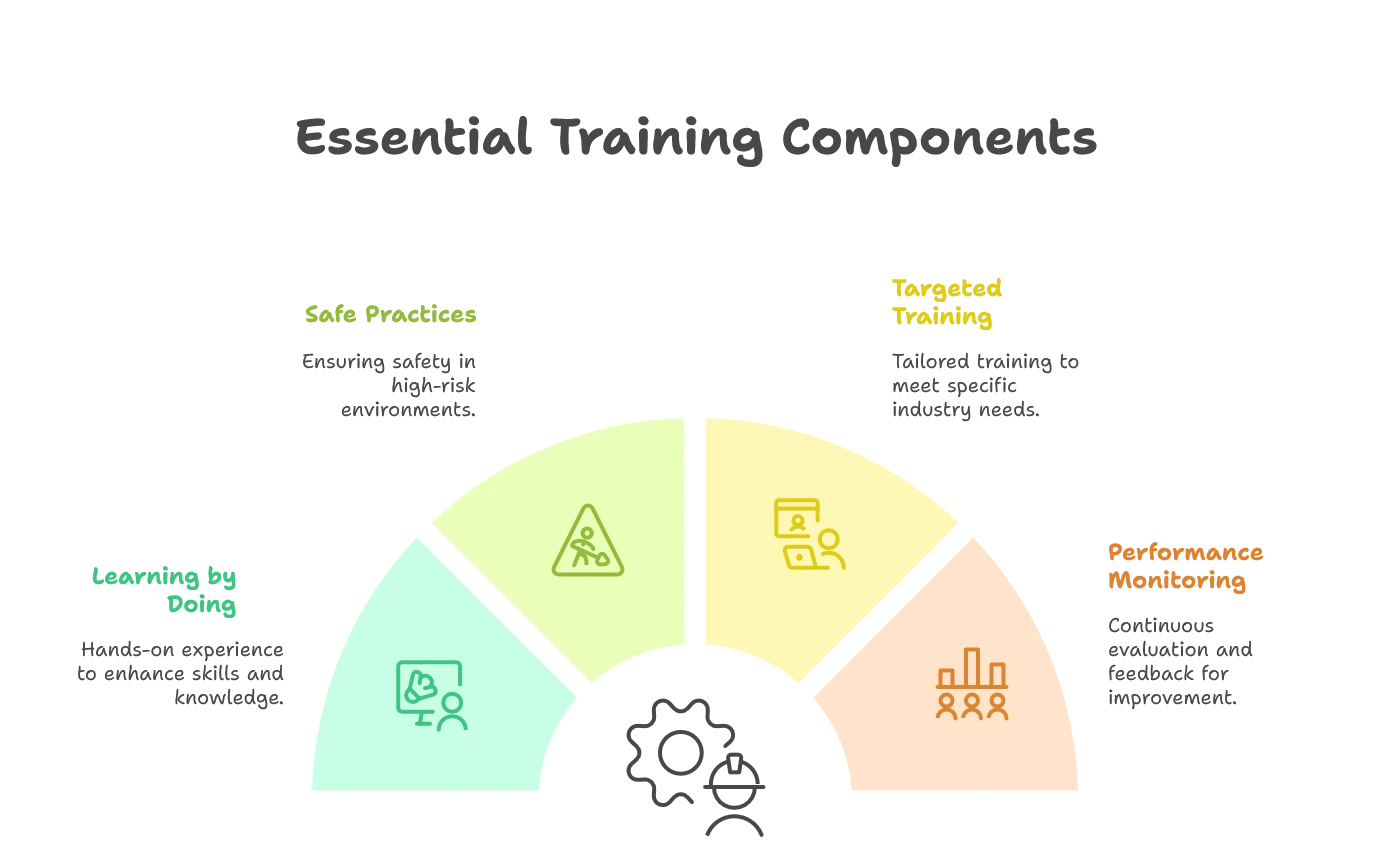
Industry-Specific Soft Skills for Oil and Gas Employee Training
Here are some oil and gas industry-specific soft skills that professionals should be trained on:
1. Learning by Doing
Virtual reality and simulation training programs help professionals deal with realistic scenarios. This allows them to experience the pressure and emotions of real-world situations. The hands-on approach helps them understand and apply soft skills effectively.
2. Safe Practices for Risky Situations
VR simulation soft skills training allows workers to handle complex scenarios and build their confidence in dealing effectively with dangers and emergencies.
3. Targeted Training
Oil and gas professionals in different teams should have access to customized versions of soft skills training. For instance, a rig engineer can focus on communication and delegation skills, and a seasoned engineer can work on conflict resolution. This ensures that workers develop the most relevant and necessary skills for their roles.
4. Performance Monitoring and Feedback
Trainers can monitor workers’ performance and provide feedback within the VR environment. In future simulations, workers can identify their strengths and weaknesses and adjust their approach.
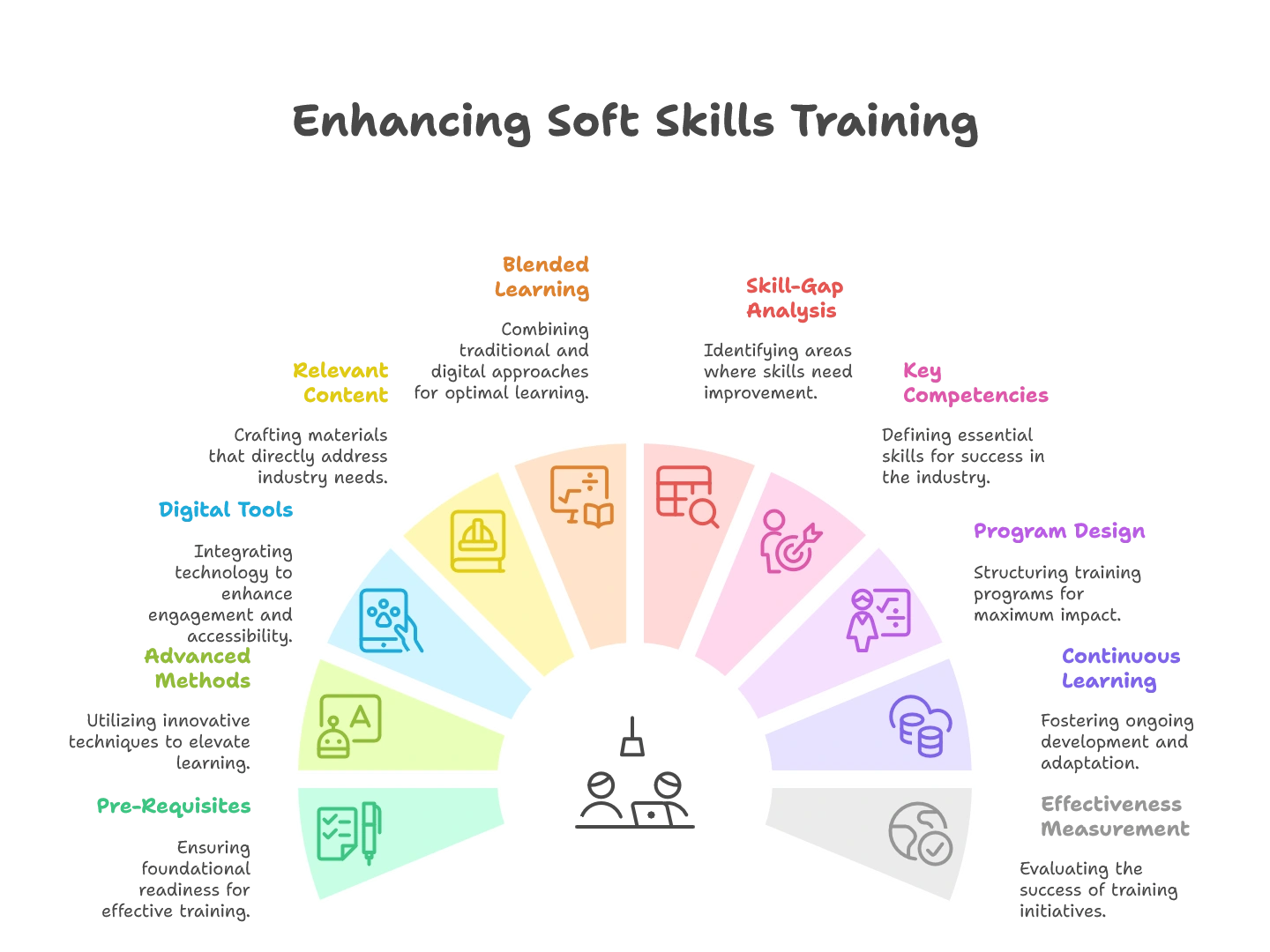
How to Enhance Soft Skills Development through Oil and Gas Employee Training Programs?
Identifying skill gaps and determining common soft skills that should be included in oil and gas training programs is essential.
Here are some key steps:
Step 1: Follow the Pre-Requisites for Offering Soft Skills Training
This includes analyzing the best ways and training modules for soft skills development among oil and gas industry professionals. It includes:
- Scenarios or Case Studies.
- Interactive Videos.
- Social Polls.
- Assessments.
- Microlearning with performance support on mobile devices.
- Training Materials like fact sheets, workbooks, and eLearning modules
Step 2: Determine Advanced Training Methods
Decide on the format and delivery method for your soft skills training. Options include:
- Face-to-face training is effective for hands-on learning and interactive workshops.
- eLearning courses offer flexibility and allow oil and gas professionals to learn independently.
- Virtual Reality offers immersive training experiences by simulating real-world scenarios. This technology is useful for practicing soft skills in high-pressure situations.
Step 3: Choose Appropriate Digital Tools
If you opt for digital soft skills training modules, select an authoring tool that meets your needs for developing soft skills. Consider your experience with eLearning tools, budget, and project complexity.
Step 4: Build Relevant Training Content
Use pre-built templates or create materials from scratch, engaging Subject Matter Experts from your L&D and HR teams. For effective results, use interactive formats like quizzes, branched scenarios, and videos to keep employees engaged.
Step 5: Apply Blended Learning Approaches
Businesses can organize one-on-one coaching sessions using a blended learning approach. This method might introduce a concept, followed by a face-to-face workshop for hands-on practice and VR simulations to reinforce learning.
Best Practices for Soft Skills in Oil & Gas
Here are some best practices for inculcating soft skills in oil & gas professionals:
1. Conduct a Skill-Gap Analysis
Identify your organization’s specific soft skills gaps by conducting a comprehensive analysis. This involves:
- Collecting feedback from employees and managers about soft skills, strengths, and weaknesses.
- Analyzing performance reviews to identify soft skills deficiencies.
- Observing day-to-day interactions to pinpoint areas needing improvement.
2. Define Key Competencies
Based on the analysis, define the key soft skills competencies required for various organizational roles.
Common competencies in the oil and gas sector include:
- Conducting a clear and concise information exchange
- Working effectively in diverse teams
- Inspiring and guiding teams to achieve organizational goals.
- Analyzing complex issues and making informed decisions.
3. Designing Soft Skills Training Programs
L&D heads must develop training content according to the unique needs of the oil and gas industry.
Consider incorporating:
- Real-world examples and case studies relevant to oil and gas operations.
- Training modules for different roles.
- Role-playing, simulations, and interactive exercises.
- A blended learning approach.
4. Continuous Learning and Development
Encourage a culture of continuous learning by providing ongoing training and development opportunities.
This can include:
- Regularly scheduling courses to update soft skills.
- Pairing employees with mentors to provide guidance
- Encouraging peer learning through collaborative projects.
5. Measuring Training Effectiveness
Conduct assessments before and after the training to measure improvements in soft skills. Implement feedback mechanisms to improve the training programs continuously.
This can include:
- Feedback from participants about their training experience.
- Focus groups to gather in-depth insights and suggestions for improvement.
- KPI measurement is related to soft skills.
- Regularly update the training content and methods to reflect the latest industry trends and best practices.
Conclusion
Enterprise training in soft skills empowers employees to navigate change effectively, adapt to evolving market demands, and contribute to the organization’s long-term success. For employees, soft skills training enables personal and professional growth, boosts confidence, and enhances career prospects by equipping them with the necessary skills to thrive in diverse work environments.
Investing in employee soft skills training programs is a strategic move that yields numerous benefits for individuals and organizations. By adopting a comprehensive approach that includes methods such as online training, workshops, mentoring, and assessments, organizations can equip their workforce with the essential soft skills needed for success in today’s dynamic workplace
Partner with Hurix Digital to create a tailored soft skills training program that meets your oil and gas professionals’ unique needs. With our advanced technology and expertise, we can help you build a comprehensive training solution that drives growth, enhances collaboration, and ensures safety in your operations.
Contact us today to elevate your training initiatives and support your team’s growth and success!

Senior Vice President
Julia brings over 20 years of global experience in digital learning and business strategy. She specializes in client success, enterprise learning solutions, and driving growth through innovation, with a focus on AI, VR, and emerging technologies across diverse industry verticals.





